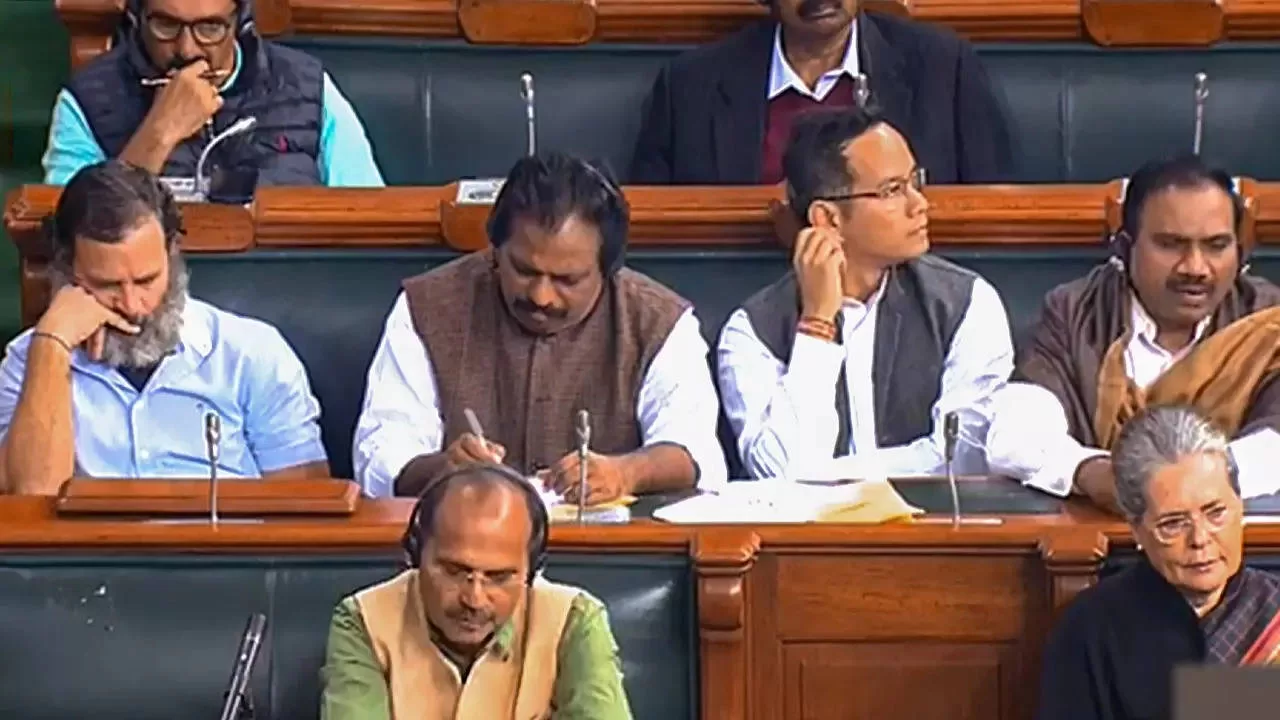How finance minister Nirmala Sitharaman chooses to safeguard India in a year when major advanced global economies are fighting to avert slipping into recession will be keenly watched by all sectors alike.
Even though India’s growth has been projected to be the fastest and Indian economy has been termed as a “bright spot” due to the resilience it has shown amidst a global crisis, the pace of rise in GDP is expected to slowdown significantly.
Most advanced economies are already reeling under their own domestic pressures. The spillover effect is sure to impact India as well.
Citing the fear of recession many corporates, especially tech firms are opting for rapid job cuts worldwide to ease cost pressure, thereby adding to the misery of the common man.
According to a survey conducted by TOI and Deloitte India, the biggest economic uncertainty that faces businesses today is the global slowdown. This was followed by geopolitical tensions and their impact on trade and supply chain and rising costs due to inflation.
In terms of domestic markets, the survey showed that rising commodity prices are a major cause of concern for businesses — 30.13% of the respondents believe so. Besides, the rapidly rising policy rates and its impact on cost of financing are also key areas of concern for businesses.
“Global uncertainties and domestic challenges weigh on business profitability and appetite to invest,” said Rumki Majumdar, Economist at Deloitte India.
“The government will have to come up with policies and incentives that help the impacted sectors and businesses to remain flexible and adapt to the changes,” she added.
Majumdar also expects the government to announce sector-specific targeted efforts that are into exports, since demand for exports is likely to see an impact amid possibilities that several countries may witness a slowdown.
“Even the energy sector may be affected because of the geopolitical developments as well as the pace with which European countries are focusing on transitioning towards sustainable energy sources. Many energy MNCs are gradually transitioning investments into renewable sources of energy in Europe. These will have implications for the demand and production landscape in the conventional energy space,” Majumdar added.
India & inflation
The months following Russia’s invasion of Ukraine posed severe challenges for all major economies of the world, that too at a time when they were looking to gradually recover from the slump caused by Covid-19 pandemic. It was almost as if the economies were bogged down by a massive geopolitical crisis right when they were learning to wear off 2 years of pandemic blues.
Within a span of few months, central banks in major industrial nations were rushing to tighten their monetary policy stance — increase key lending rates– as a safeguard against rising inflation.
In India, consumer prices soared to 8-year high of 7.79% in April 2020 and remained above the Reserve Bank of India’s (RBI’s) target range of 2-6% for 10 straight months.
The TOI-Deloitte survey shows that a majority of the respondents (35.18%) expect inflation to come down to the RBI’s median level of target range in over a year. Only 31.49% expect it to happen in the next 6 months.
“Inflation may have peaked, although it is too early to say so. We expect it to remain high throughout the year due to high oil prices, a strong dollar, and intermittent supply chain disruptions (exacerbated by geopolitical situations),” Majumdar said.
She feels that it be a tightrope walk for the RBI as it will have to balance the growth and inflation objectives both at the same time.
Majumdar urges the government to opt for sector-specific targeted efforts to manage supply, and therefore, inflation.
“A large part of inflation is due to food prices, and the government must make efforts toward building infrastructure to optimize the food and agribusiness supply chain. Developing market linkages by identifying and connecting farmers with buyers and facilitating contract negotiations between the two could be critical. Again, reducing logistics cost will be critical and schemes such as Gati Shakti and India Logistics plan could go a long way in improving the last mile connectivity. There has to be emphasis on effective implementation and execution of these schemes at the earliest,” she added.
Exports boost?
India’s exports fell over 12% to $34.5 billion in December 2022, while imports dipped 3% to $58.2 billion, resulting in a widening of the trade deficit.
Commerce secretary Sunil Barthwal told reporters the decline—the fastest in two years—was due to global headwinds as several countries are in the midst of a slowdown and also due to the high base in December 2021, when exports of $39.3 billion were the third highest on record.
However, Majumbar believes that exports can see a boost through improved competitiveness and doing business environment. She says that schemes like production-linked incentives (PLI), Gati Shakti are likely to help India improve its efficiency and bring down logistics costs.
A well-negotiated free trade agreement can also help in improving export competitiveness.
“Alternatively, India could deal with the situation of a rising current account deficit by restricting imports of non-essentials or looking for alternative cheaper import destinations,” she added.
Boost to private capex
Even amid inflationary pressures and the related rate hikes, about 46% respondents said that they are likely to incur private capital investment to boost capacity in the next 6 months, shows the TOI-Deloitte survey.
Majumdar believes that the Centre needs to focus on completing the projects and boosting sectors with strong linkages with other sectors and multiplier effects.
“The emphasis should be towards improving financial inclusion and technology connectivity beyond Tier-1 cities. Focusing on boosting the MSME sectors could help in all-inclusive growth,” she said.
These measures will go a long way in improving the environment of doing business, broadening the scope of investment, and expanding the consumer base, Majumdar further noted.
Falling rupee
While the Indian currency being under pressure against the US dollar has been a concern for many, Rumki Majumdar says that a depreciating currency is not always bad for an economy.
“We can expect an increase in exports as we become more competitive and one of the major beneficiaries of this would be the services sector”, she highlighted.
As per the TOI-Deloitte survey, 59.19% of the respondents to a question on rupee are of the opinion that it is highly unlikely for rupee to gain back strength and appreciate by 5% against the US dollar over the next 12 months.






